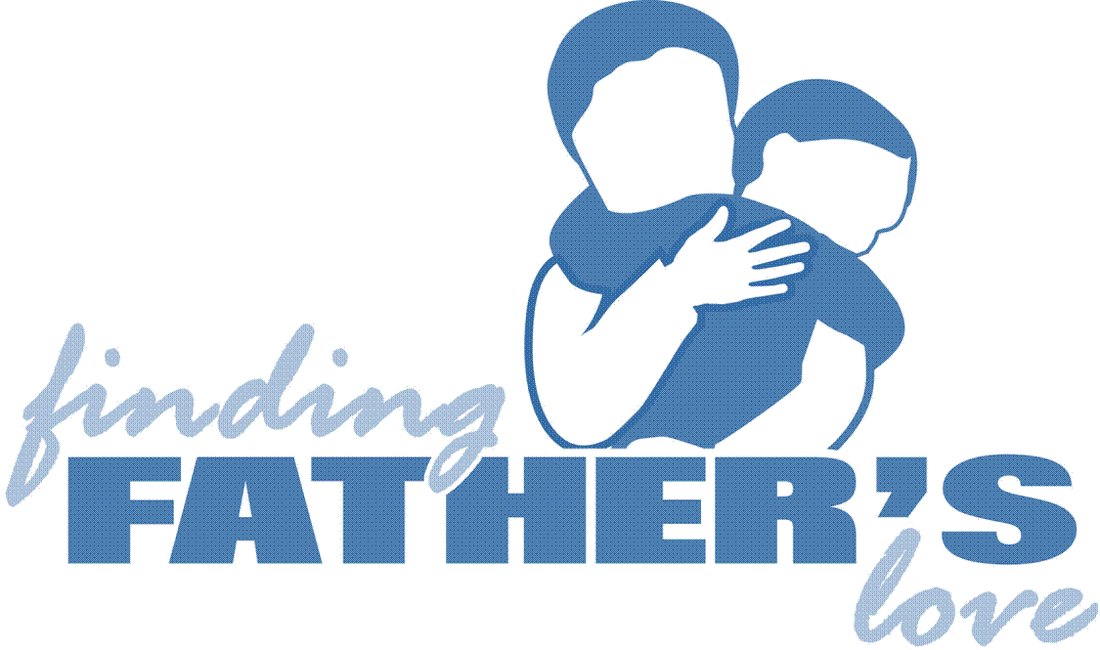Some family rules are unspoken, yet just as clear. Don't bother your father when he's watching sports. Kids who get Cs and Ds in school are losers. You must go to church every Sunday. Don't think outside the box. Hang around with people who look, act, and dress like you.
In family systems infiltrated with serious dysfunction--divorce, alcoholism, abuse, depression, workaholism--children often strictly adhere to three unspoken family rules:
- don’t talk
- don’t trust
- don’t feel
Children from troubled homes learn at an early age not to talk about family problems. We keep them to ourselves either because we are embarrassed about what’s going on or because we’re convinced no one could possibly relate. So we stuff our family stuff.
We learn not to trust others. Children are, by nature, very trusting. Not trusting is a learned behavior. When children are unable to trust it is most often the result of their trust having been violated by the people closest to them.
When children find they can’t talk freely about what is going on in their life and when they are distrusting of those around them, they tend to shut down emotionally. They “turn off” feelings like anger, fear, frustration, loneliness, or sadness because they have nowhere to go with them anyway.
As children, following these three rules makes sense. Kids somehow believe that by not talking, not trusting, and not feeling their suffering will be lessened. But continuing to adhere to these rules as adults can have serious consequences. The rules that help us as children harm us as adults. The same rules that protected us from hardship as children prevent us from wholeness as adults
The first step in overcoming a painful childhood is to break the rules.
We must talk about the things that caused and, more than likely, continue to cause so much pain. We must bring to the surface those things we didn’t or weren’t allowed to talk about. Our dark family secrets must be brought into the light if they are ever to be stripped of their power. We can’t ignore them. We can’t pretend they aren't there. We must talk through them.
The key to breaking the “don’t talk” rule is to first break the “don’t trust” rule. We must find safe people we can talk to. People who have our best interests in mind. People we can be comfortable confiding in. People we can trust.
As we seek to recover from a painful past we must assemble a support base of trust-worthy people and lean on them often. Yes, this involves risk. Yes, risking is scary. But trust is the single most important element to a healthy relationship so it is well worth the risk. Find a counselor. Talk to a pastor. Confide in a close friend. Learning to trust is not easy. Know that going in. But it’s crucial to our recovery.
And, finally, we must learn how to feel. When we’ve found people we can trust, when we’ve discovered that we can talk about things we may have never talked about before, we must begin to deal with any feelings that may pop to the surface. We must process those feelings we have spent a lifetime trying to suppress. We must feel our feelings and feel them all the way through if we are ever to be done with them. That is the only way the pain of our past will no longer pervade our present.
Does your painful childhood still hang like a dark cloud over your adult life? Life-giving freedom comes from breaking the rules.





 RSS Feed
RSS Feed